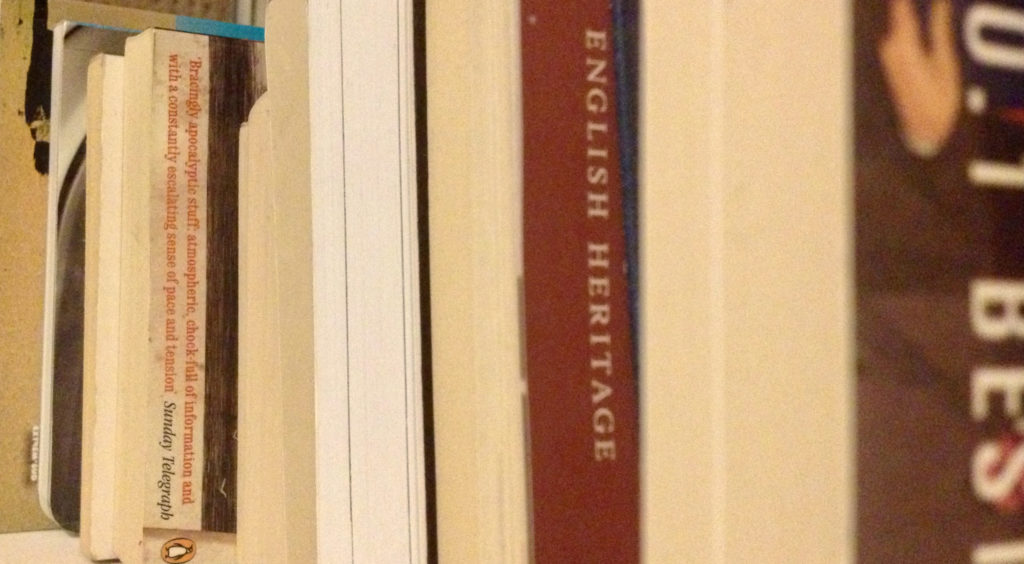Many voice concerns about the loss of words in English. While other languages struggle to control the immigration of a very rich English vocabulary into their lexicons, the English speakers are suffering from profligate changes. If you consider language important, you might read on.

We already have lost the sense of the percher, the social climber. Since the activity still exists, why has the word fallen from grace?
Fatuous acceptance speeches were once a mark of the elozable, those influenced by flattery. Do you recall when it was turned on its head? Perhaps that started with Michael Moore in 2003 for his acceptance speech on his Oscar for Bowling for Columbine? He denounced president George W Bush and his ‘fictitious’ rationale for the Iraq war. The speech was cut off with music as the audience heckled and booed. The loss of elozable from the Oxford English Dictionary made small news in 2019.
We protected our our bins against raids by racoons or coyotes where we lived in the US. Not sure that there was a word for the raids but here on these islands, you might have said they’d been vulpeculated if robbed by the foxes. They bark in our garden by night, frustrated perhaps that our bins are wheeled and sealed against them.
I used to drop into the Phrontistery website from time to time, until I realised it was depressing me. I always came away feeling somewhat poorer for making acquaintance with words that had already become lost.
I often have trouble with words in common usage. Momentarily for example – a word whose meaning changes by location. What about this list of words whose meaning was unclear to me while reading the William Boyd novel Restless:
- Militate
- Sulpha
- Palimpsest
- Declivity
- Meretriciousness
- Lambent
- Turbid
- Adumbrated
You might ask why I have such a list? The answer is that I was listening to an audio book on a plane to Auckland and I tapped them into my iPhone. I recall that the reader was Rosamund Pike who, I must add, read Restless very well. The year was 2011 while I was enjoying four novelties. I had a phone on airplane mode, the Audible app supplying me with the book, noise cancelling headphones to keep it intimate and I had developed a habit of touchscreen typing notes in a form of diary. The tapping was preferred from voice recognition that even today is unreliable.
Perhaps we can hope that words that are given a digital expression may become eternal. I know the list is still on my phone only because I forgot the range of things that could be qualified as ‘lambent’. I tapped ‘define lambent’ and up came a link to the list in a long forgotten diary entry. Words can be lost in many ways but perhaps digitisation in electronic memory will mitigate if not remediate the damage to the subtleties in our expression while augmenting our carbon based organic memories.
If you are reading this news in a country other than Ireland, then it has been famigerated. That lovely old word that means to carry news from abroad!
I last wrote about this topic at the end of April last year when I forgot the word sahel. That brought me back to the beautiful book of The Lost Words: A Spell Book that sits on a shelf in the room next to me.
I feel certain that the loss of words equates to the loss of ideas. Shouldn’t we strive to retain the language with which to express our most subtle and nuanced thoughts?

Leave a Reply